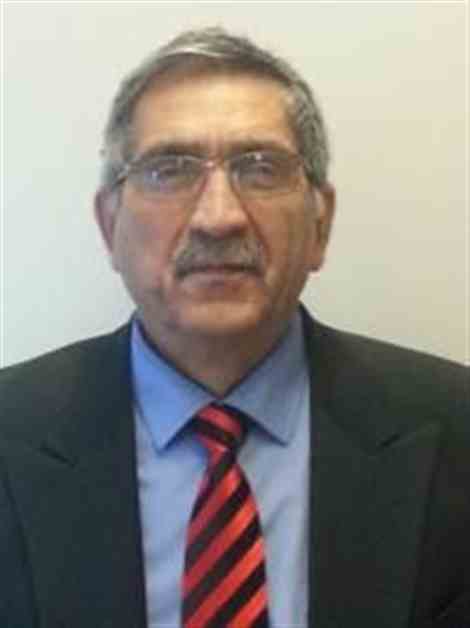The Death of Ebrahim Raïssi: A Major Blow to the Iranian Regime
Published: 10.06.2024, 09:05
The passing of Iranian President Ebrahim Raïssi on May 19, 2024, represents a significant and irrevocable blow to the mullahs’ regime, leading to serious consequences and increasingly evident internal crises. This irreparable blow to Supreme Leader Ali Khamenei was not only due to the effectiveness of Ebrahim Raïssi, but also to his unique position as someone Khamenei could use to strengthen his government and eliminate any potential opposition.
Raïssi earned Khamenei’s complete trust due to his role in the massacre of political prisoners in 1988. During this massacre, 30,000 political prisoners, 90% of whom belonged to the People’s Mujahedin Organization, were executed in a matter of weeks on Khomeini’s orders.
The national uprising in December 2017 and January 2018 shook Khamenei, who then attempted to patch up all the cracks and resort to a wide-ranging purge to consolidate his regime. Raïssi was his best choice. In early 2019, he dismissed the then Chief Justice to appoint Ebrahim Raïssi in his place. Raïssi purged the judiciary, which housed a repressive apparatus within the regime, as Khamenei desired.
A year later, in early 2020, with the help of the Guardian Council, Khamenei purged the parliament of the so-called reformists, and 80% of the 12th parliament, which ended in May 2024, was in the hands of gangs affiliated with Khamenei.
Finally, it was the turn of the executive branch. During the 2021 presidential election, Khamenei was determined to hand over the presidency to Raïssi, leading to the exclusion of not only the so-called reformer but also prominent members of his own gang, such as Ali Laridjani, who had been the parliament speaker for twelve years.
Raïssi’s leadership in the executive branch helped bridge the gap between the executive branch and the true holders of power, namely the IRGC and Khamenei’s cabinet. This gap had existed for the past forty years. One of the outcomes of Raïssi’s presidency was transforming the government into a full instrument of the Islamic Revolutionary Guard Corps, the Al-Quds Forces, and Khamenei’s cabinet.
Currently, it is very challenging to find a person capable of fulfilling the same role for Khamenei. Therefore, regardless of who becomes the regime’s president, the regime’s internal contradictions and conflicts will intensify. The danger of regime change for Khamenei becomes more serious and imminent. This leaves a dilemma: either step back from foreign belligerence, nuclear weapons, and internal repression, paving the way for mass uprisings and the downfall of the oppressive regime, or escalate repressive measures, purges, terrorism, belligerence, and hasten the path to nuclear weapons to ensure survival and dominance. In the latter case, the regime’s confrontation with the people and the international community will escalate.

